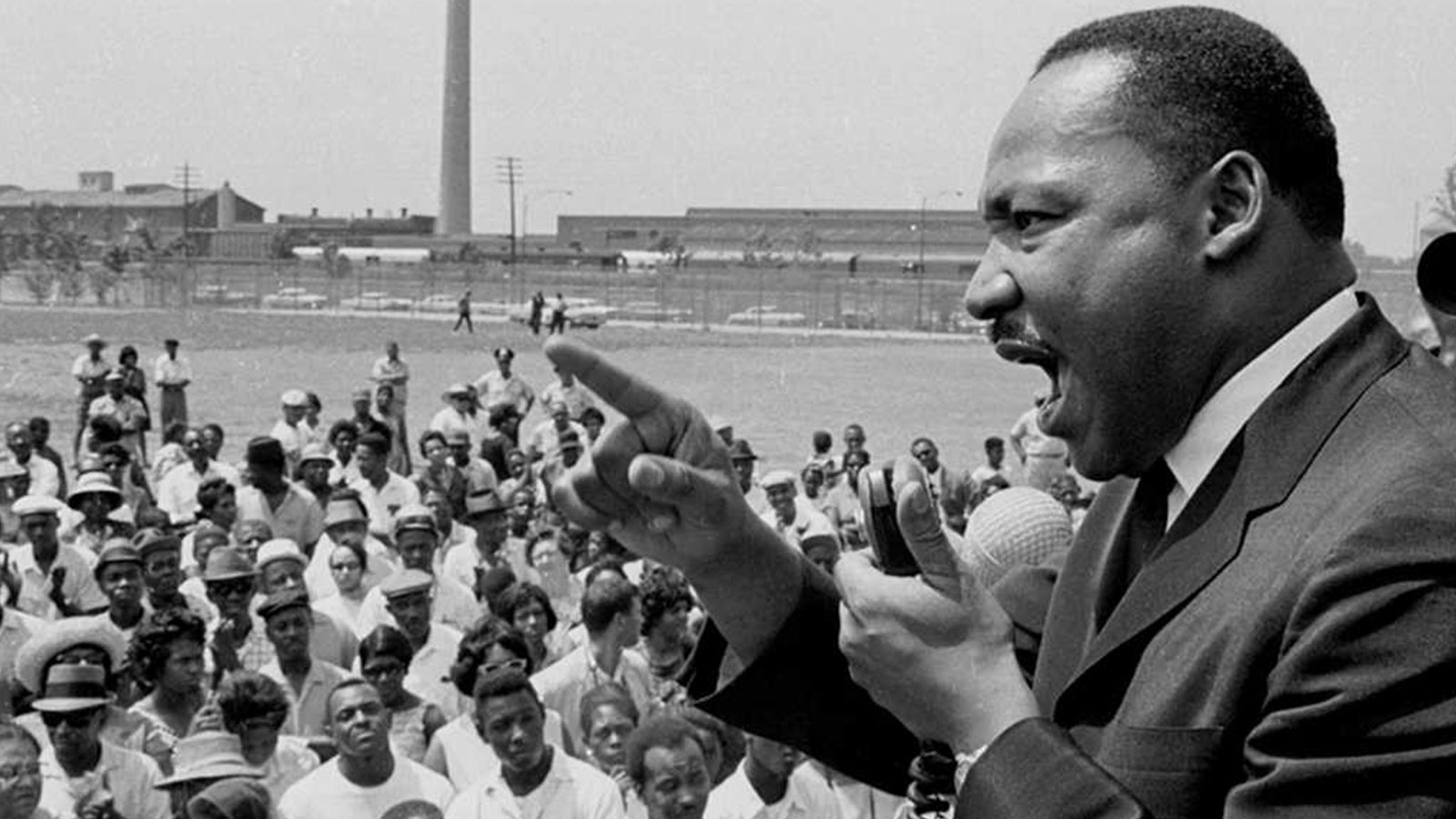America owes Black Americans much more than economic restitution.
By Marcus Anthony Hunter, The Daily Beast —
As we observe Martin Luther King, Jr. Day, we must reflect and act upon an unfulfilled promise.
In 1968, Dr. King proclaimed, “[W]hen we come to Washington in this campaign, we are coming to get our check.” This was no metaphorical check but a stark reminder of the debts owed, the reparations for centuries of racial injustice that remain unsettled.
For over four centuries, America has wrestled with the sin of slavery—a cancer that, despite being abolished, has metastasized into systemic racism, overtly and insidiously affecting the lives of millions of Black Americans. Slavery may have ended, on paper, with the Emancipation Proclamation.
Still, its legacy persists, in its wake a trail of suffering and inequity that spans every sector of society from education to the prison industrial complex, from the entertainment and health-care industries to all the socioeconomic disparities that haunt our society.
The Middle Passage was more than an Atlantic Ocean route; it was a journey into a life of subhuman bondage, dehumanization, and brutality for countless Black people. Enslaved, owned, and exploited African Americans were forced to lay the foundations of an economy from which they would never reap the benefits. Today, we inherit their contributions alongside the moral imperative to right history’s wrongs.
Yet, as we grapple with the idea of reparations, we find ourselves at a moral and political crossroads fraught with questions of practicality and justice. Who is to be paid, and from where should the funds come? Can any monetary sum ever truly compensate for the atrocities of slavery and its continued consequences?
The reparations journey is frequently diminished and misconstrued as a mere financial, pecuniary demand. However, reparations are about more than money. Reparations demand acknowledgment, truth, systemic transformation, and genuine equity, which together represent seven forms:
- Political Reparations: Provisions that restore, recognize, increase, and amplify the voices, representation, and influence of Black Americans in the political arena.
- Intellectual reparations: Provisions affording Black Americans cultural and intellectual contributions, intentional artistic protections, ownership, due credit, and recognition.
- Legal Reparations: Racial equity and restorative justice authorized and enshrined in laws and policies.
- Economic Reparations: Monetary compensation, financial assistance through subsidies, guaranteed basic income, debt relief, assistance, and restitution.
- Social Reparations: Restoring and rebuilding the social contract to eradicate racism and recognize the dignity of all individuals through education and public awareness.
- Spatial Reparations: Preventing and correcting the geographical imbalances created by systemic residential segregation and forced displacement.
- Spiritual Reparations: Recognizing and restoring the spiritual and indigenous African cosmologies, beliefs, and practices that were suppressed or destroyed.
As a nation, we must harness the same resolve that spurred the civil rights movement to create a commission dedicated to the study and development of reparation proposals, as outlined in the bill H.R. 40 (Commission to Study and Develop Reparation Proposals for African Americans Act), and push further for the creation of Truth, Racial Healing, and Transformation (TRHT) commissions.
The Biden-Harris administration has an unprecedented opportunity to lead America into a new era where Dr. King’s reparative justice demand is finally satisfied. By addressing historical grievances with truth, compassion, love, and courage, America can pave the way for a more prosperous and inclusive future removed from the patterns of pain, trauma, and inequity bequeathed the nation by slavery.
Let this Martin Luther King, Jr. Day mark a loving remembrance of what was and a steadfast, optimistic commitment to what could be. Let us continue in our pursuit of reparations, for the road to a just and equitable society requires us to settle the debts of the past to secure the promise of our children’s tomorrow.
The truth is our compass; may it guide us to a place where the dream of equity and dignity for all becomes the lived experience of every American.
Source: The Daily Beast


